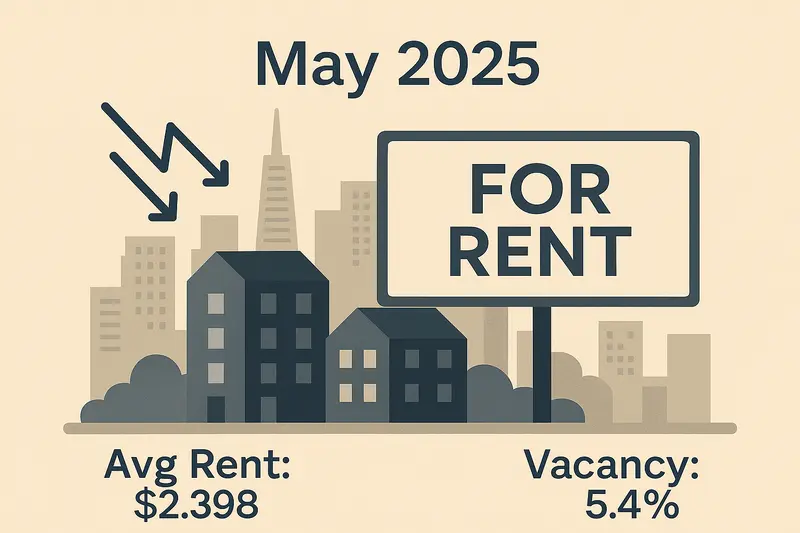What Is PMI in Real Estate? When You Need Private Mortgage Insurance and How It Works
Question
Answer
What Is PMI?
PMI (Private Mortgage Insurance) is a type of insurance that protects mortgage lenders in case a borrower stops making mortgage payments. Typically, PMI is required when a homebuyer makes a down payment of less than 20% of the property’s purchase price. Since lower down payments pose a higher risk to lenders, PMI helps reduce potential losses for the lender if the borrower defaults.
When Do You Have to Pay PMI?
In most cases, PMI is mandatory for conventional loans when your loan-to-value (LTV) ratio exceeds 80%. This means if you borrow more than 80% of the home’s value, your lender will likely require PMI coverage.
When can you remove PMI?
You can typically request PMI cancellation when your loan balance reaches 80% of your home’s original value. By law, lenders must automatically terminate PMI when your LTV ratio drops to 78%, provided your mortgage payments are current.
How Much Does PMI Cost?
The cost of PMI depends on several factors, including:
- Your credit score
- The size of your down payment
- The type of mortgage loan you choose
PMI premiums typically range from 0.3% to 1.5% of the original loan amount per year.
Example Calculation:
If your mortgage amount is $300,000 and your PMI rate is 0.5%, your annual PMI payment would be:
$300,000 × 0.5% = $1,500 per year, which equals about $125 per month, added to your mortgage payment.
Types of PMI
There are several ways to pay for PMI:
- Borrower-Paid PMI (BPMI): The most common type, with premiums added to your monthly mortgage payment.
- Lender-Paid PMI (LPMI): The lender covers the PMI premium upfront, but typically charges a higher interest rate on your loan.
- Single-Premium PMI: A one-time lump sum payment made at closing, which reduces your monthly mortgage payments but requires additional cash upfront.
Can You Avoid PMI?
There are several strategies to avoid paying PMI:
- Make a down payment of at least 20%.
- Qualify for a VA loan (available to eligible veterans and service members), which does not require PMI.
- Be aware that FHA loans use a different system called MIP (Mortgage Insurance Premium), which applies to all FHA borrowers regardless of the down payment size.
Conclusion
Understanding how private mortgage insurance (PMI) works is essential for any homebuyer, especially if you plan to purchase with a lower down payment. Knowing when and how PMI applies, along with the options to remove or avoid it, helps you plan your financing strategy effectively and save on long-term borrowing costs.


